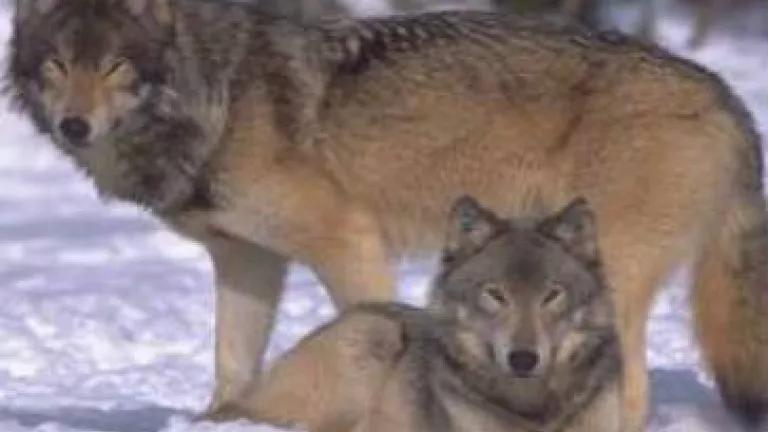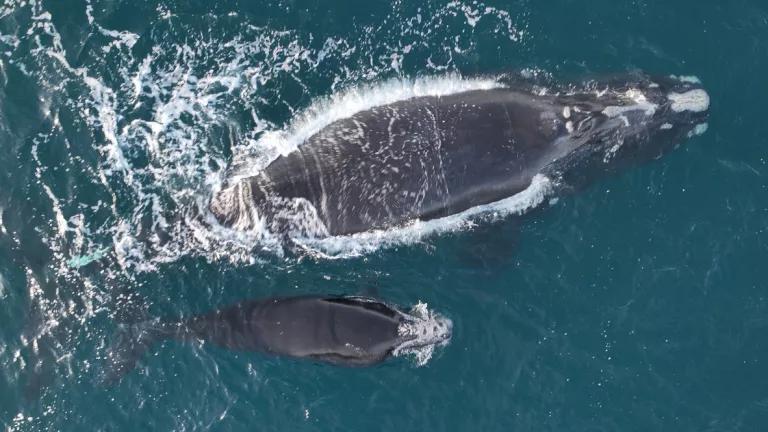Return of the Riders: GOP Assault on Endangered Species Continues In Interior Appropriations

Today, House appropriators will vote on the House Interior Appropriations bill for fiscal year 2012, which passed the Interior Appropriations Subcommittee on party lines last week. The bill makes steep cuts to funding necessary to protect endangered species, including zeroing funding for the Cooperative Endangered Species Conservation Fund, which helps states implement voluntary protections for endangered wildlife on non-federal lands.
Additionally, the bill includes a number of policy earmarks that attempt to undermine the Endangered Species Act. Perhaps the most disturbing of these is the extinction rider (p. 8), which would bar all new listings of threatened and endangered species and critical habitat designations for currently listed species, by preventing FWS from spending any money on such activities. By no accident, the bill does allow the Service to delist and downlist (ie., change from endangered to threatened) species. It thus creates a one-way ratchet, in which wildlife protection can only be weakened. Unless a species is listed, it receives no protection under the Endangered Species Act. Currently, the Service has identified over 260 species that warrant protection but cannot be listed due to lack of resources. Barring funding for new listings would prevent the Service from alleviating this significant backlog and protecting species that are in dire need of assistance. Further, prohibiting the Service from designating critical habitat for currently listed species would nullify the most effective means of endangered species protection under the Act, inevitably leading to the non-recovery, and possible extinction, of listed species.
Also troubling is Section 119, which would bar courts from reviewing final delisting rules for the gray wolf in Wyoming and the Great Lakes Distinct Population Segment (i.e., all of Michigan, Minnesota, and Wisconsin, and portions of North and South Dakota, Iowa, Illinois, Indiana, and Ohio). As Andrew Wetzler wrote, access to our nation’s judicial system is critical to ensuring that FWS adheres to the law and scientific principles during the delisting process. Giving any bureaucracy unfettered power, free from judicial review, runs contrary to our nation’s system of checks and balances.
Finally, Section 442 would harm bighorn sheep, some subspecies of which are endangered and threatened. A century ago, bighorn sheep thrived in the West, but contact with diseases carried by domestic sheep has drastically reduced bighorn populations. Given that context, federal agencies were charged with reducing interactions between the two species—an effort that has been remarkably successful. Section 442 would undo this work and numerous federal court rulings in favor of bighorn restoration, along with waiving Endangered Species Act protections for certain subspecies, all to benefit a handful of sheep ranchers in Idaho who have refused to reduce conflicts by working with federal agencies.
Congress’s decision to delist gray wolves in the last budget bill made clear that there aren’t enough Members of Congress who are willing to stand up for endangered species. Hopefully, this time around will be different and any budget bill that passes will be free of attacks on our nation’s wildlife.




